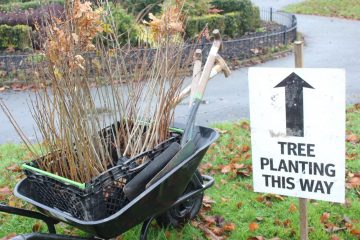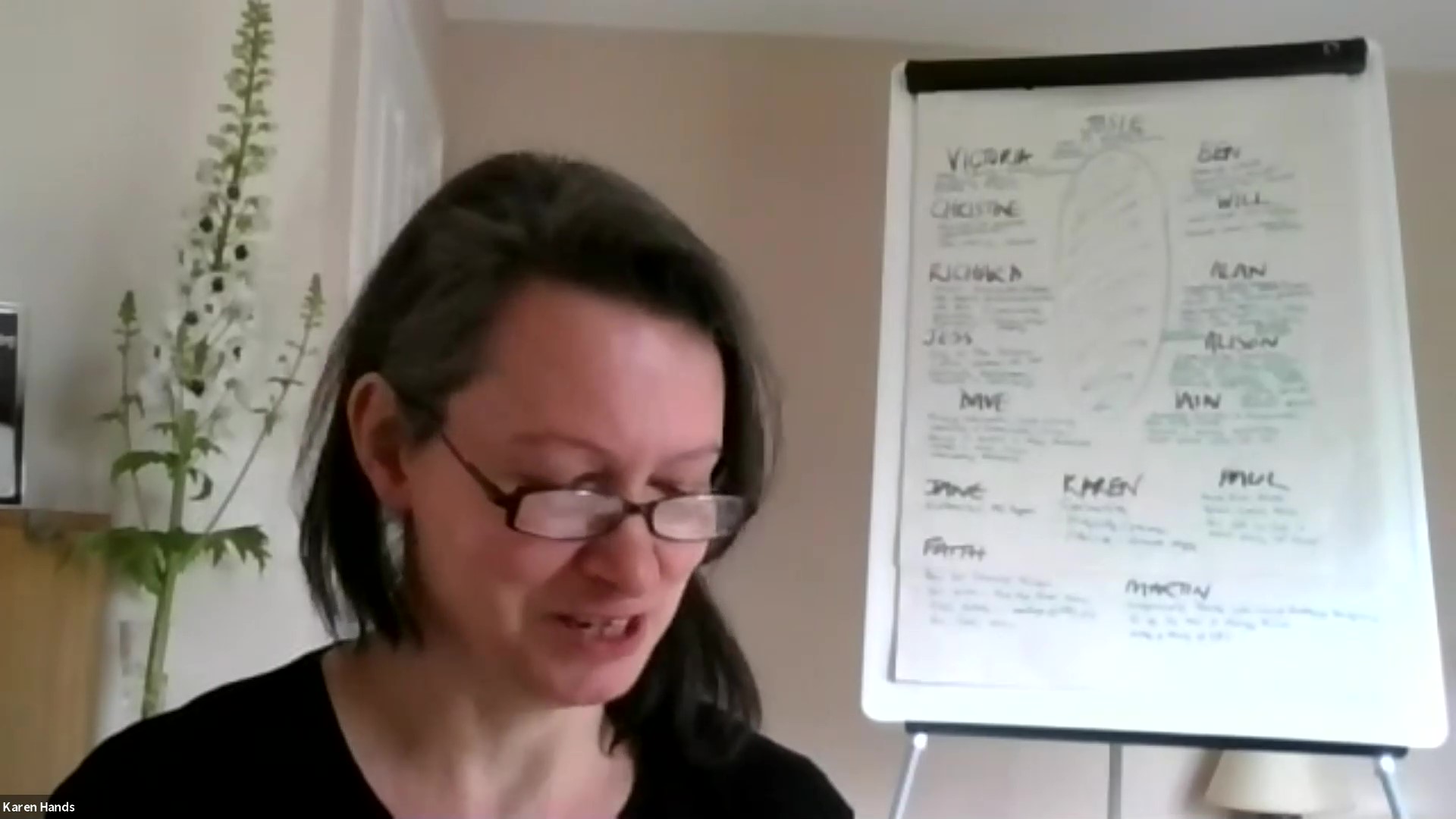Lock-down re-think

Whatever circumstances you found yourself in when the Covid-19 curfew came down, I hope you’re coping with the extra stress it entails and that you’re managing to find a little joy in life under lock-down. It’s certainly giving us time to reflect.
There’s a lot of talk about never going back to normal once restrictions ease, either because we can’t or because we won’t want to do so. There’s much speculation about what the ‘new normal’ might look like. The purpose of this blog isn’t to examine the steps as lock-down is released, but rather to consider why the old normal no longer looks desirable, how we might avoid repeating mistakes and the pressure we’ll be under to return to how things were.
I recently picked up Simon Sinek’s 2009 book, Start with why, yet despite the natural link to purpose as I was taught it as a Coverdale coach and the link to my own What-Why-How chart, I found myself flicking through the pages with minimal engagement. OK, so I’m not an Apple devotee, but Sinek’s examples seemed dated in glorifying the narrow focus of tech companies on getting us to pay extra for stuff. I can’t say it’s stuff we don’t need: technology makes isolation bearable; but in truth, people align behind purpose whether it’s good, bad or somewhere in between. Revolutionising access to the tools and productivity that digital equipment provides has been life-changing, but the raw materials upon which they depend are finite and dwindling resources.
As cities have come to a standstill around the world, so pollution levels have dropped massively. The oil and gas sector might find itself at the forefront of change. Inevitably we will go back to our cars in future, but we’ll remember what it’s been like to breathe clean air. We know now what we’ve been missing and we can see that cutting air pollution drastically isn’t an impossible dream. Likewise with all the cheap plastic and other petrochemical goods that filled our shopping expeditions when life was normal. How did plastic become the backdrop to life? Sure, the petrochemical industry has had a wonderful resource but it has shown remarkably little responsibility in the purposes to which it has been put. Call it creating shareholder value if we must go back to that 1990s jargon, but the magic of oil has been plundered to create all kinds of useless stuff, harming our world, our health and our environment in the process. All in the name of profit, as the magic goes up in a puff of toxic smoke.
Watching the German film Downfall some years ago, which is set during the last days in Hitler’s bunker at the end of World War II, I was struck by the fact that Hitler had had supreme clarity of purpose and that’s what had motivated so many people to follow him for so long. When you know why you’re doing something, you don’t need to stop and think. That’s why purpose is so powerful. It takes overwhelming evidence before we think again. What this example highlights is that purpose in itself isn’t moral. People can get behind it whether it’s good or bad. Purposeful companies like Apple are just the same. They make things happen, they get things done, because purpose drives us to perform.
That sense of purpose is what will drive global companies with deep enough pockets to survive this crisis to go straight back to how things were, whatever it takes. Governments will back them in doing so, and it’s entirely understandable. The prospect of civil unrest when fear of the virus ceases to be our main motivation is real. Many people are stuck at home now while their livelihood vanishes. Getting the economy moving again is a real priority. There won’t be much time to implement change at scale. So it’s going to have to start with individual choices that each and every one of us makes.
My local farm shop has been brilliant in response to the crisis and I’ve been collecting a fruit and veg box every week; I’ll definitely do more of my regular shopping there when choice returns. Their dedication and innovation breeds loyalty. But the sad truth is that not every supplier we’d like to go back to, will still be in business when restrictions lift. Many of the independent shops that have had to close, won’t re-open, so any plans to shop locally more often may easily be thwarted. It’s up to us to look out for those who try to come back, to help turn green shoots into healthy growth. There’s a lot of untapped energy sitting at home and some people will already be planning their personal reinvention from what they’ve learned about what really matters to them now.
Working from home has turned out to be successful in a great many cases, so we really don’t all have to go back to the office, all of the time. The car really can stay on the drive and keep air pollution levels lower than before. Whether it’ll be enough to keep the roads that little bit safer for exercise activities that we’ve begun to prioritise, like cycling, jogging and walking; only time will tell. Unfortunately, public transport could be particularly badly hit as we’ll be suspicious of getting into close proximity with strangers for a long time to come. Instead of jumping in the car, will we remember to stop and think whether the journey is really necessary?
If we want to keep the gains we’ve made in lock-down, it’s going to take focus and determination. The old temptations are going to pour back into our lives with the added incentive of helping swathes of the population back into work and back into financial security. Yes, we need to help everyone to earn their living, but not at any price. Time and again, we fail to learn the lessons from our crises and the biggest one yet is already at our door: the climate emergency.
Back to business as usual? Please no. We need a blueprint, a road map, to lead us away from our destructive habits. The upheaval is only just beginning.



0 Comments